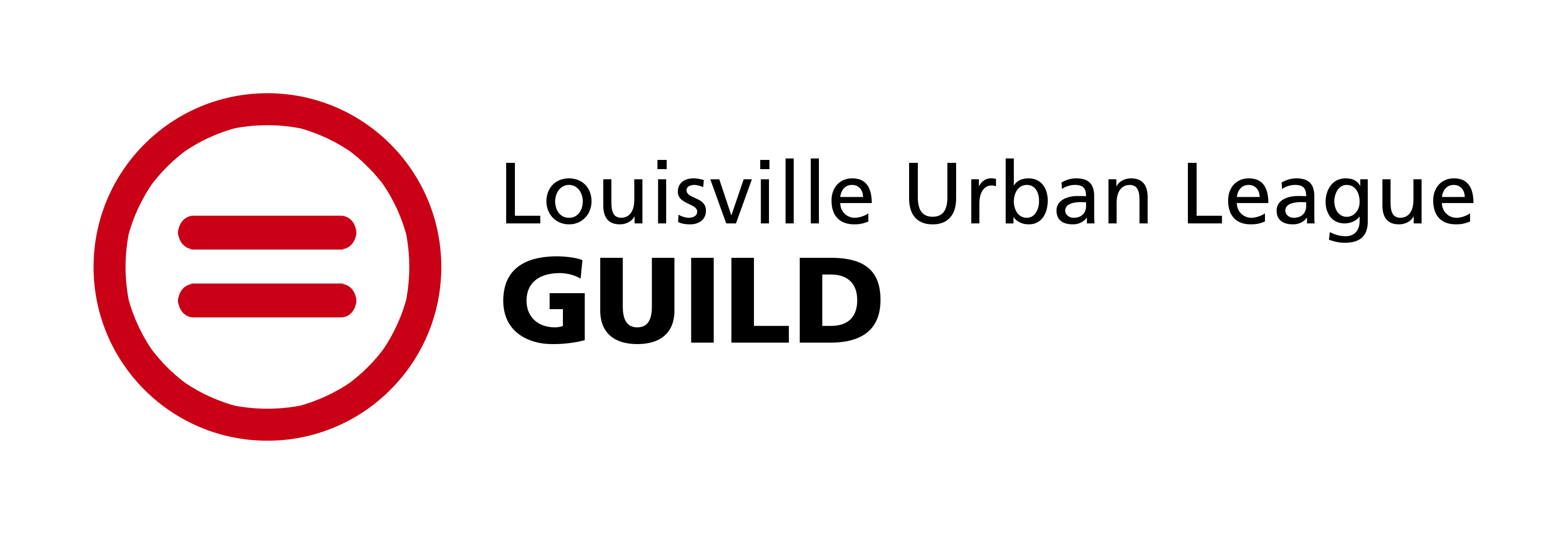Why Juvenile Justice is a Health Problem
Youth entering the juvenile justice system are frequently dealing with the effects of trauma, such as violence, abuse, and neglect. Structural and historical paradigms and divestment of Black and Brown communities also contribute to juvenile delinquency. Rather than punitive measures that cause further collateral damage, justice-involved youth require a supportive, community-based approach that acknowledges and addresses their trauma.
Here are 6 things we can do to mitigate the long-term negative impacts of juvenile incarceration and welcome our youth back into the community.
- Prevention Initiatives—Louisville Urban League’s Youth Intervention Program aims to reduce youth violence and recidivism among justice-involved individuals aged 16-24 by providing case management, group life skills sessions, and career skill-building activities.
- Educational Opportunities—Providing access to academic or vocational training can address the gap in educational opportunities for justice-involved youth. Blueprint 502 and Reimage are two organizations that provide these opportunities.
- Creating Supports—Older youth approaching the age of adulthood often face additional consequences for their system involvement and are less likely to have familial support. Life Coach Each One Teach One Reentry Fellowship helps reintegrate justice-involved youth into their communities.
- Access to Housing—Justice-involved youth are more likely to experience discrimination from property owners and lack access to supportive housing services upon discharge.
- Community-Based and Trauma-Informed Engagement—Our community has several programs, including No More Red Dots, Men Against Gun Violence, and the Office of Violence Prevention, that help curb youth violence.
- Wraparound Services – Justice-involved youth often need counseling to develop individualized plans. Creative Spirits Behavioral Health Services and Pivot to Peace offer an array of services to assist adolescents with the transition.
In closing, justice-involved youth need community support to help reduce recidivism, promote positive interactions, and provide resources such as mentoring, counseling, education, and job training. We need juvenile justice reform, as investments in youth and their communities are critical to creating a system that is more appropriate for the developmental needs of children and adolescents. Many of these youth have experienced at least one form of childhood trauma, and contact with the juvenile justice system has been linked to negative physical and mental health outcomes in adulthood.

The Louisville Urban League is dedicated to fostering economic empowerment in order to elevate the standard of living in historically underserved urban communities, with our focus on Jobs, Justice, Education, Health, Housing, and Black Business.
We provide many services, including job coaching, record expungement, health navigation, financial counseling, and support for small businesses.
For more information call (502)585-4622.





